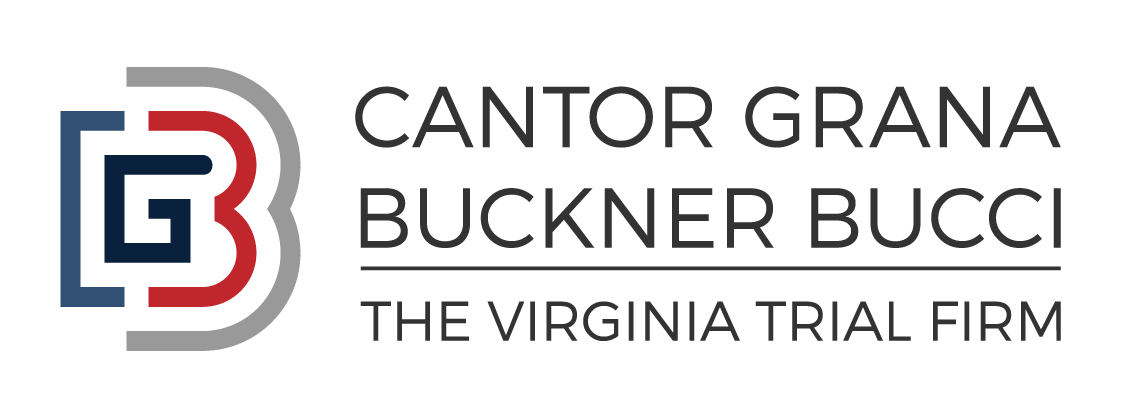Taxes On Personal Injury Settlements
Navigating the complex world of personal injury settlements can be challenging. In the heart of such situations lies a particularly critical question that many recipients in Virginia often ponder – Is a personal injury settlement taxable? We aim to shed some light on this complex issue and provide clear, understandable information regarding the tax implications of personal injury settlements in Virginia.

Understanding Taxation Laws in Virginia
In terms of personal injury settlements, Virginia law generally views them as non-taxable. The Internal Revenue Service (IRS) is primarily concerned with income, and in most cases, they do not consider compensation received from personal injury cases as such. This rule applies to damages that arise from physical injuries or physical sickness. If you were injured in an accident and received a settlement for these types of damages, you won’t typically have to worry about setting part of it aside for taxes. However, it’s crucial to note that there are exceptions to this rule. For instance, if your settlement includes compensation for lost wages, that portion may be taxable. Always consult with a tax professional or a personal injury attorney to clarify your particular situation and ensure that you’re abiding by the taxation laws in Virginia.
Are Personal Injury Settlements Taxable? Federal Law Perspective & Virginia State Law Perspective
While Virginia state law generally doesn’t tax personal injury settlements, how does the federal law perceive this issue? At the federal level, the IRS agrees with Virginia’s stance: most personal injury settlements are not subject to income tax. This policy is based on the federal tax code, which excludes damages received from gross income for physical injuries or physical sickness.
However, at both the state and federal levels, not every component of a personal injury settlement is tax-free. An example of this is compensation for lost wages. The IRS—and likely the Virginia Department of Taxation—view these damages as a replacement for what would ordinarily be taxed income. Therefore, if your settlement includes compensation for lost income, this part of your personal injury case settlement may be taxable. It’s important to understand these different elements of your settlement and how they may be taxed. Always engage with a tax advisor or a personal injury attorney to ensure you fully understand the tax implications.

Types of Personal Injury Settlements and Their Tax Implications
Different types of compensation in personal injury claims are treated differently when it comes to taxation. Let’s take a look at each of them.
Compensation for Physical Injury or Sickness
As previously discussed, payments received for physical injury or sickness are generally not taxable, both under Virginia state law and federal law. This applies whether you receive the payment in a lump sum or in periodic payments. However, this is only the case if the compensation is for the injury or sickness itself and not for any other associated losses.
Previously Deducted Medical Expenses: If you have claimed medical deductions on your tax returns in the past because of the accident, those deductions may be considered taxable once you receive your settlement.
For example, let’s assume that John was involved in a car accident that was not his fault. He received $50,000 as compensation for his physical injuries. Under both Virginia state law and federal law, this compensation is generally not taxable. John can typically expect to keep the entire amount of his settlement and not have to pay taxes on any of it.
Emotional Distress or Mental Anguish
Compensation for mental anguish is a bit more complicated. If these damages are directly related to the physical injury or sickness, then they are not considered taxable. However, if they are not directly related—for example, if they result from employment discrimination or harassment—they may be taxable.
Consider the case of Emily, who was involved in a severe car accident. While the accident led to a few physical injuries, it also caused her significant emotional distress and post-traumatic stress disorder (PTSD). In her personal injury settlement, she was awarded $60,000 for her physical injuries and an additional $40,000 for her emotional distress. Under both Virginia state law and federal law, the compensation for her physical injuries is generally not taxable. However, the $40,000 awarded for emotional distress, although connected to the car accident, may be considered taxable if it is seen as not directly resulting from her physical injuries. Emily should seek advice from a tax professional to understand how much tax she might owe on the emotional distress portion of her settlement.
Lost Wages or Lost Profits
Compensation for lost wages or lost profits is generally considered taxable. This is because they are seen as a substitute for your regular income, which would have been taxed if you had been able to work.
For example, let’s consider a situation where Jane slipped and fell on some ice, causing her to be out of work and lose income for six months. She was awarded $20,000 in her personal injury settlement for her lost wages. Although the incident resulted in physical injury, the compensation for lost wages is typically considered taxable income. Jane should consult with a tax professional to understand how much tax she may owe on this portion of her settlement.
Wrongful Death Settlements
Wrongful death cases are heartbreaking events for families. The compensation from these cases, which considers the pain of the deceased as well as the family’s suffering, is usually not taxed at both federal and state levels.

Our Lawyers Are Here To Help
In conclusion, understanding the tax implications of a personal injury settlement can be complex and confusing. Each type of compensation has different tax requirements, so it’s crucial to have a professional guide you through the process. This guidance can help ensure you fully understand what you can expect and avoid any potential tax pitfalls. Our team of experienced personal injury attorneys is here to help you navigate these complexities. If you have questions or need assistance with your personal injury claim, please don’t hesitate to contact us. We’re committed to providing you with the knowledge and support you need during this challenging time.










